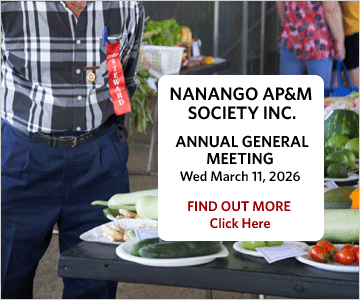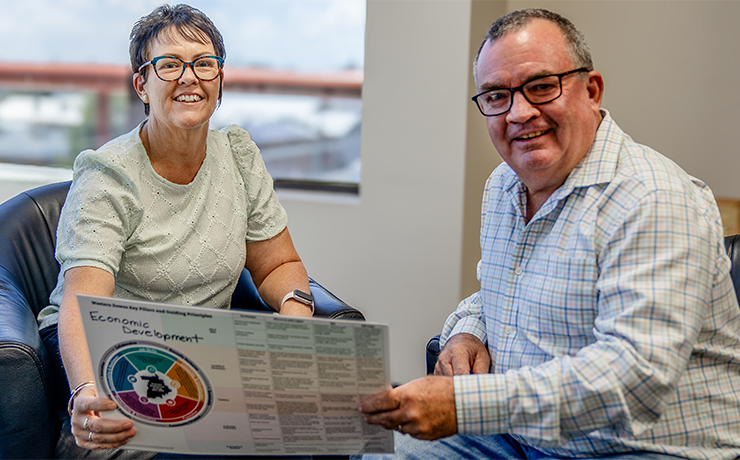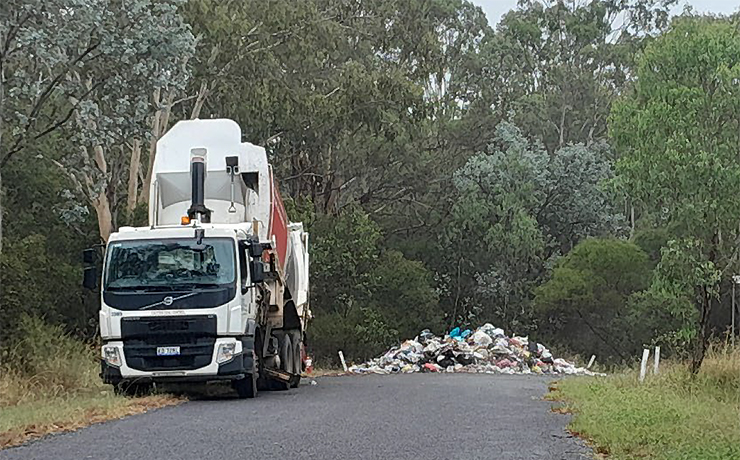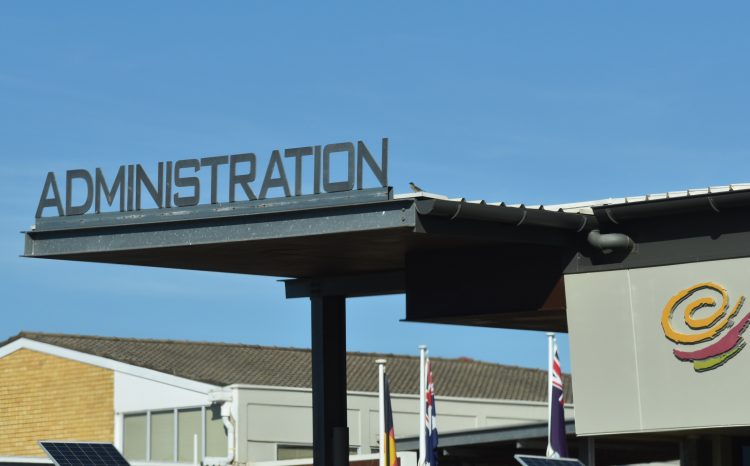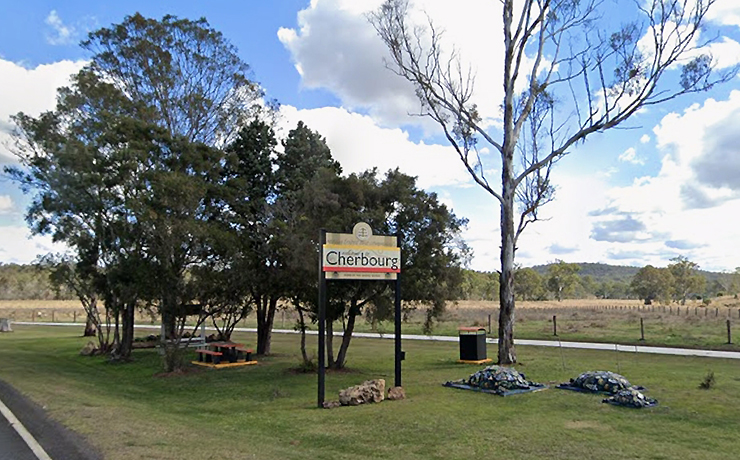
The Queensland Farmers’ Federation (QFF) is urging farmers and rural communities to get ready for Queensland’s new Waste Levy.
The Waste Levy will begin on March 4, 2019 and will be set at $70 per tonne for general waste escalating up to $150 per tonne for Category 1 regulated wastes sent to landfill.
It will include 38 local government areas – including the South Burnett, Toowoomba, Western Downs and Gympie Regional Council areas – and cover 90 per cent of Queensland’s population.
QFF President Stuart Armitage said the agricultural sector was continuing to maximise recycling opportunities across the industry, but farmers need to consider how the levy will impact their business when it is introduced.
“QFF has been working with farmers and rural communities to recognise the importance of farm sustainability and to grow and develop the resource recovery sector in Queensland,” Mr Armitage said.
“Since March this year, over 25,000 litres of used oil from farmers in south west Queensland has been collected to be re-refined into new product.
“2000 tonnes of polypropylene woven bags and almost 1500 tonnes of rigid plastics and trickle tape have also been collected from farms and recycled in the last financial year.
“The agricultural sector is moving towards adopting a circular economy and striving to find innovative and practical solutions for the management of farm waste.”
Mr Armitage said every 10,000 tonnes of waste disposed into landfill supports 2.8 full time jobs, whereas if the same 10,000 tonnes of waste were recycled they would support 9.2 jobs.
“Greater resource recovery and recycling will attract business investment and create regional jobs by securing the feedstock these industries need,” he said.
“There is also great potential for farmers to maximise value from byproducts.”
Mr Armitage said QFF extends its gratitude to its recycling partners, and also to the participating councils who are providing free of charge drop-off points for end of life agricultural packaging and product, which is necessary for consolidating the required volumes.
“It is important that the waste and recycling industry, local governments and agricultural industries continue to work together to remove barriers to the collection and recovery of recyclable materials and develop cost effective and environmentally-efficient processes for material capture and recovery in the future.”
Related articles:













